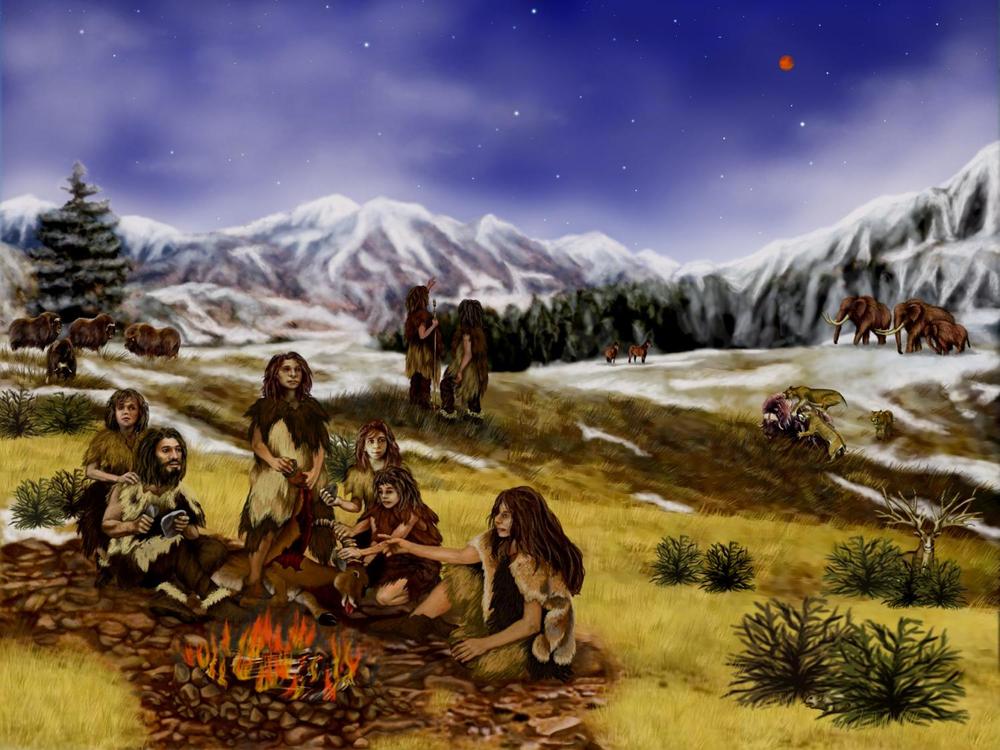The advent of DNA sequencing has given scientists a clearer insight into the interconnectedness of evolution and the web-like path that different organisms take, splitting apart and coming back together. Tony Capra, associate professor of biological sciences, has come to new conclusions about the influence of Neanderthal DNA on some genetic traits of modern humans.
The article “Neanderthal introgression reintroduced functional ancestral alleles lost in Eurasian populations” was published in the journal Nature Ecology & Evolution on July 27.
The ancestors of all modern humans lived across the African continent, until approximately 100,000 years ago when a subset of humans decided to venture further afield. Neanderthals, an extinct relative of modern humans, had been longtime residents of Europe and central and south Asia; their ancestors had already migrated there 700,000 years previously. The humans who moved into central Asia and the Middle East encountered and reproduced with Neanderthals. Neanderthal DNA is present in some modern humans, and now research shows that can sometimes be a good thing.










Comments are closed.